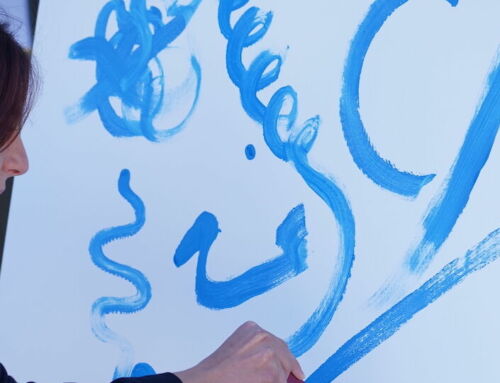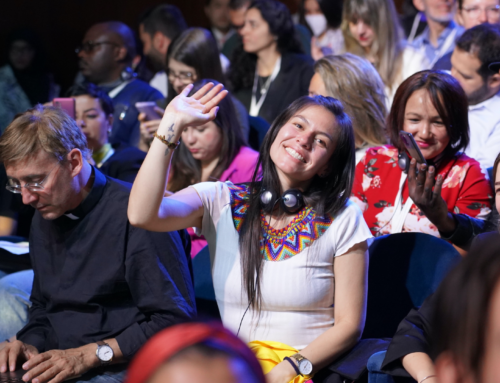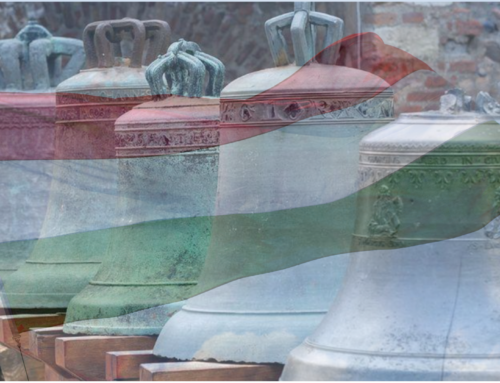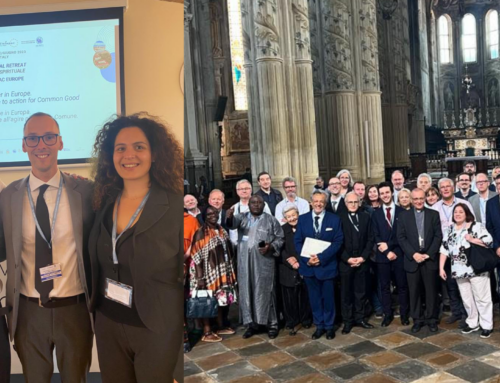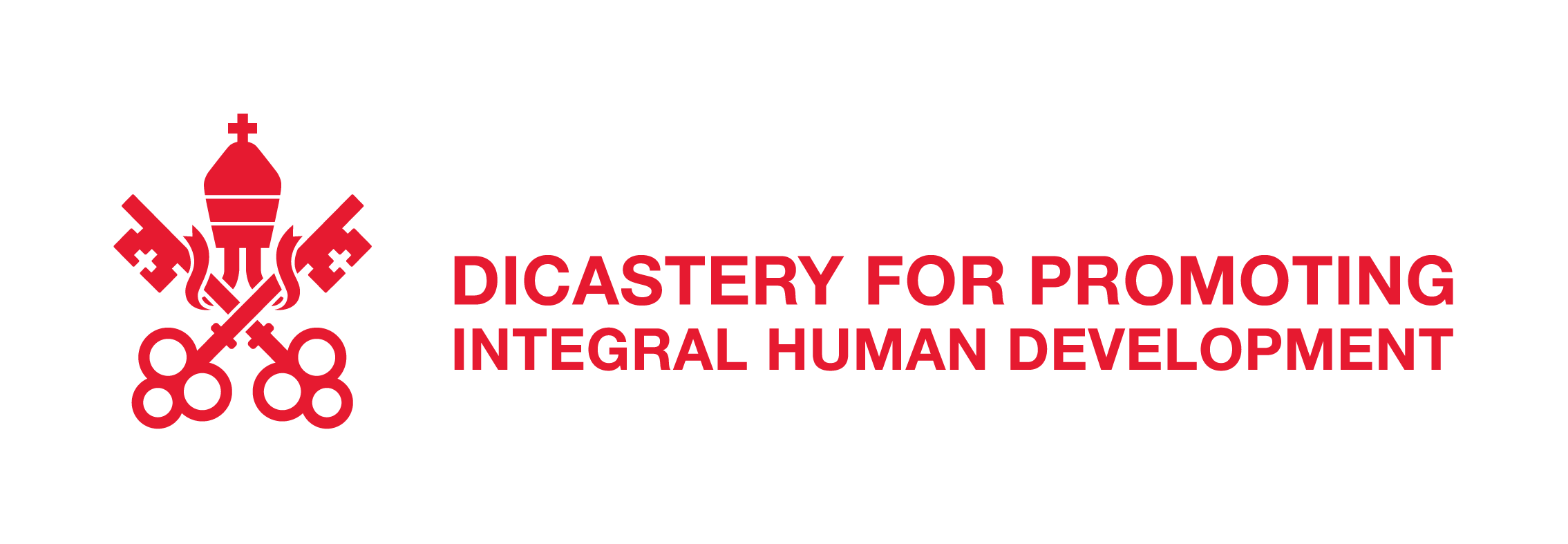Report and comment from our first On-life Seminar
by Work and Care Village
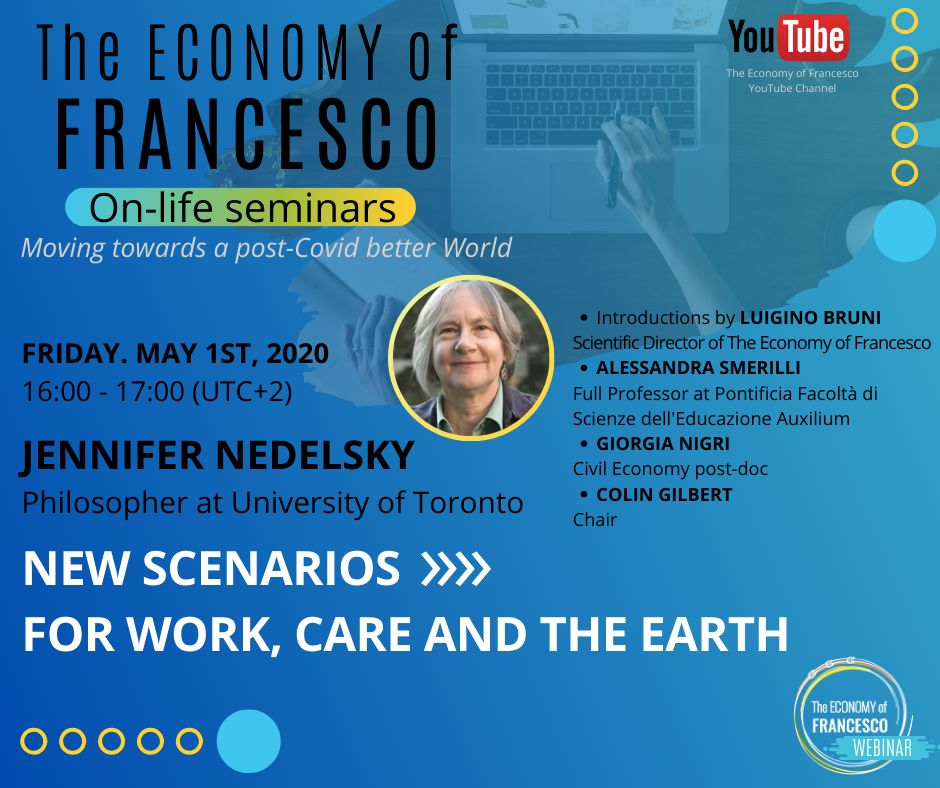
The context of the COVID-19 lockdown provided a timely chance for the webinar, at a time when most of the workforce worldwide has either stopped working or working remotely. Professor Nedelsky began with the proposal (part of her forthcoming publication “A care Manifesto: (Part)-Time for All” Oxford University Press) of a working week of 30 hours, combined with a weekly minimum of 22 hours of care.
The 1st of May 2020, Labour day, and marking the first day of the United World Week organized by the United World Project and promoted by New Humanity NGO and the Focolare Movement, was the perfect setting to launch the webinar series of the Economy of Francesco. The village of Work and Care were privileged to host a webinar with Professor Jennifer Nedelsky.
The starting point, according to Professor Nedelsky, is that work and care are tightly interconnected, as care is part of the competence of work and vice versa, although they are treated very disparately in our societies: while work brings about both social status and economic reward, care largely doesn’t. Even more so, care workers often receive little reward, little gratification, and are thus even denigrated, as Professor Nedelsky says.
However, care constitutes the relationships that people have with one another and the natural world. We are dependent on the natural world and so should care for it as we care for our loved ones. Perhaps we have become used to seeing the world as a resource to satisfy human priorities but instead, as Professor Nedelsky highlights, the practice of care itself generates caring relationships with the earth, meaning care for each other and for the earth goes hand in hand.
Current social norms create a societal tendency to denigrate care and focus on work. Among these current norms are unsustainable stress caused by commuting, job insecurity and the “work-family balance” problem. Time scarcity also erodes the capacity of human generosity and care, makes us more prone to environmentally unsound transport, and has negative effects on our health.
How can we address these norms? The solution does not lie merely in devising short term policies but ensuring we all (and that means even policy makers!) need to provide care in a pervasive way. This means rediscovering the meaning of care, avoiding the wrong tendency in the Western world to frame care as a necessity in juxtaposition to desirable “freedom”. When we do not have pressing care necessities for the children and elderly in our families, there is a need for us to participate in direct care for the earth and learn to share the burdens and well as the rewards of caring for others, in order to overcome the denigration of care. But important to remember is that the big acts of community care and activism that some of us may undertake are not substitutes for everyday basic care within our families and homes, something that can be expressed by washing the dishes!
Domenico Rossignoli, the co-ordinator of the Work and Care village shared his views on the webinar,
“Thanks for this webinar, that I found interesting. In the aftermath of the harshest pandemic crisis within living memory, a reflection about the right place for care in our society is surely needed. Despite a less-than-ideal awareness, care is indeed a public good which is underprovided by the private sector alone. Re-prioritizing care requires a new mindset to open the floor to feasible public policies to avoid that the burden of care is shared within a society: this is not trivial, since it entails costs. Initiatives like this webinar can help us foster this debate and improve our knowledge on how we can translate the dream of a new economy into reality.”

